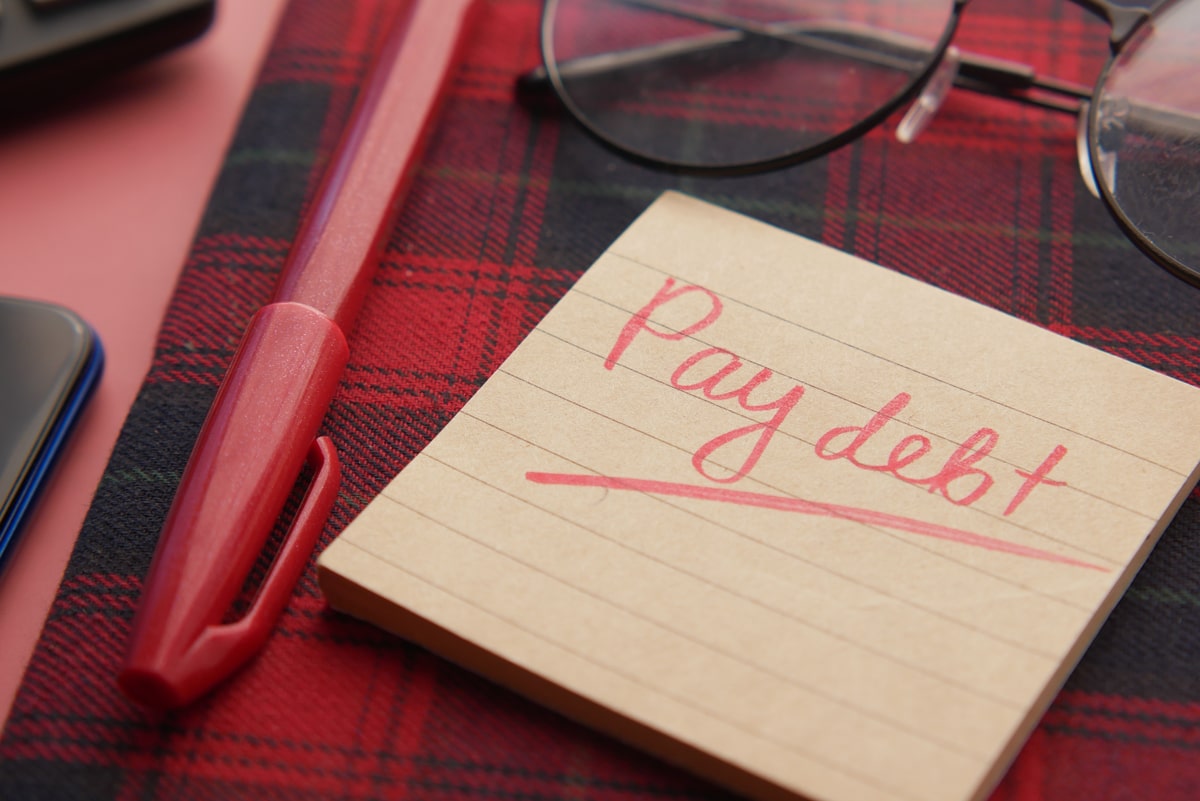5 minute read
Dealing with debt problems can be overwhelming and stressful. It’s important to remember that you are not alone—there are resources available to help you manage your debt and work towards a healthier financial future. This article will outline some of the things you can do if you find yourself dealing with debt problems, from creating a budget and taking control of your finances to reach out for professional support when necessary.
Explore options for debt relief
If you are dealing with debt problems, exploring debt relief options is an important step to help you resolve your debt and work towards a debt-free future. It can be difficult to know exactly where to start regarding debt relief options, so here are some possible solutions that could help if you are in debt.
Debt consolidation is one of the most common debt relief strategies many explore. You must note that debt consolidation requires planning for it to be successful. Debt consolidation involves taking out a loan or using a credit card balance transfer offer to pay off multiple debts. This allows you to make just one payment each month instead of several, making managing payments more manageable and reducing overall debt payments due to lower interest rates. However, it’s important to ensure debt consolidation can reduce your debt payments before signing up.
Another debt relief option is debt settlement. This involves negotiating with your creditors to settle a debt for less than what you originally owe, often through a third-party debt settlement company. It’s important to know that debt settlement can hurt your credit score and should not be pursued without careful consideration. Also, remember that some debts may not qualify for debt settlement.
Finally, another option for dealing with debt problems is filing for bankruptcy. Bankruptcy involves erasing all or most of your debts under the protection of a court order. It can help provide quick relief from debt, but it also requires careful consideration, and it can have long-lasting effects on your credit score and debt repayment capability.
Create a budget
Creating a budget is one of the first and most important steps to take when you’re dealing with debt problems. A budget will help you identify where your money is going, prioritize bills, create a repayment plan and track your progress. It also helps to hold yourself accountable if you’re trying to avoid taking on more debt while paying off old debt
When creating a budget, make sure it reflects all the expenses you have each month including rent/mortgage payments, utilities, groceries, transportation costs, and any other recurring costs such as medical bills or childcare. Also, consider any extra income sources like side jobs or investments that can be used for bill payments and debt repayments. Finally, write down your goals for how much of your income you want to put towards debt repayment each month
Having a budget can help you create a plan and stay organized when tackling your debt. It will also help you monitor and measure your progress so that you’re always aware of where you stand financially. With a budget in place, you’ll have an accurate picture of what you owe and how long it will take to pay off all your debt. Creating a budget is one of the best ways to ensure that your debt doesn’t get out of control again. By setting up and sticking to a budget, you can start working on paying off your debts faster and freeing up more money for other goals or investments.
Prioritize payment
If you are dealing with debt problems, prioritizing payment is an essential step toward financial security. When you prioritize payment, it helps to ensure that the debts with the highest interest rates or penalties are paid off first. This will help you avoid additional costs and save money in the long run. It also allows you to focus on one debt at a time instead of trying to manage multiple payments simultaneously. Also, prioritizing payment can improve your credit score by helping creditors see that you are taking steps to pay down your debts responsibly. Finally, prioritizing payments can make budgeting easier because it gives you a clear understanding of how much money should be allocated for each bill each month.
Seek professional advice
Debt problems can be challenging to deal with, and it is essential to seek professional advice for the best possible outcome. Professional debt advice offers individuals the opportunity to fully understand their situation and make informed decisions about how best to move forward. Professional financial advisors have extensive knowledge in this area and can provide tailored solutions to your circumstances.
Professional debt advisors may also be able to negotiate with creditors on your behalf, helping you reduce or restructure payments, as well as offer other types of assistance, such as non-profit organizations or government programs that could help you become debt free sooner rather than later. These advisors can also point out any potential risks associated with various options when dealing with debt problems, allowing you to make an informed decision that is best for your situation.
Dealing with debt problems can be overwhelming but there is a range of things that you can do to manage your debt and work towards a healthier financial future. Creating an accurate budget, taking control of your finances, prioritizing payments, and seeking professional advice are just some steps you can take to improve your situation. Remember, no matter how difficult the situation may seem, there are resources and support available to help you through it






